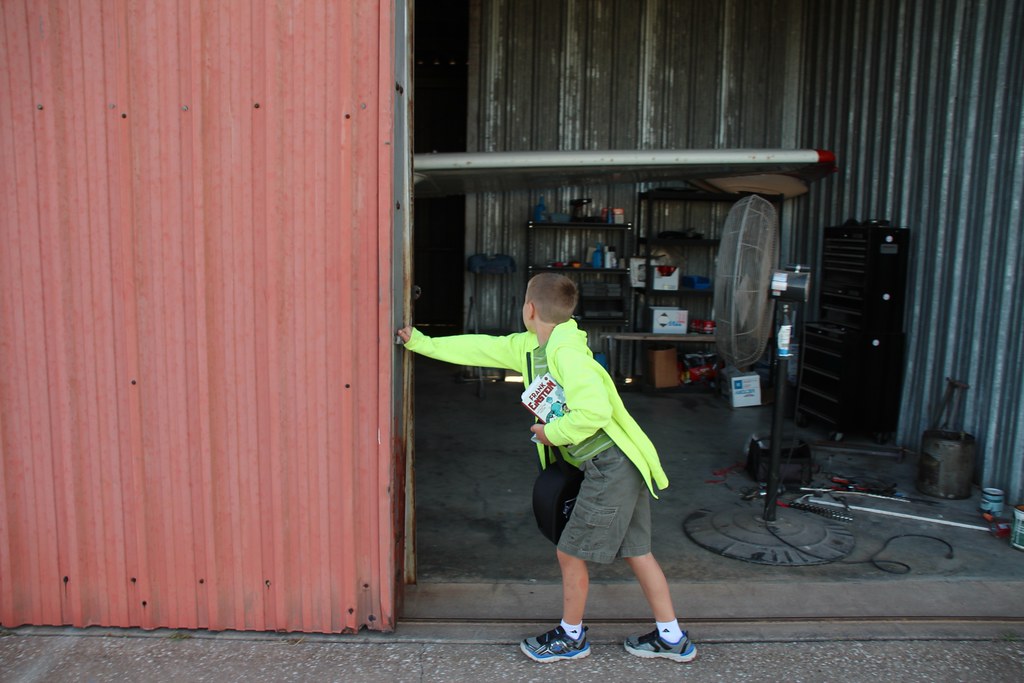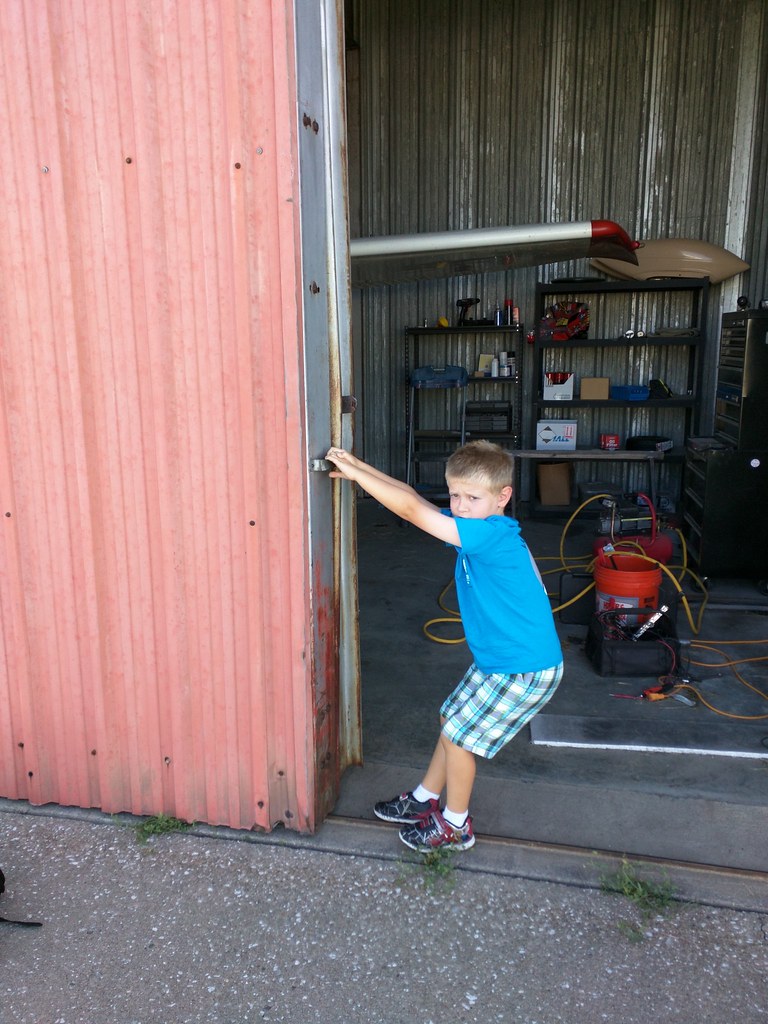
After losing a fair bit of hair due to quality and reliability issues
with our home laser multifunctional (
Brother
DCP1600-series,
which we bought after checking it was meant to work on Linux And it
does, but with a very buggy, proprietary driver Besides being the
printer itself of quite low quality), we decided it was time to survey
the market again, and get a color inkjet printer. I was not very much
an enthusiast of the idea, until I found all of the major
manufacturers now offer refillable ink tanks instead of the darn
expensive cartridges of past decades. Lets see how it goes!
Of course, with over 20 years of training, I did my homework. I was
about to buy an Epson printer, but decided for an
HP Ink Tank 410
Wireless
printer. The day it arrived, not wanting to fuss around too much to
get to see the results, I connected it to my computer using the USB
cable. Everything ran smoothly and happily! No driver hunting needed,
print quality is superb I hope, years from now, we stay with this
impression.
Next day, I tried to print over WiFi. Of course, it requires
configuration. And, of course, configuration
strongly wants you to
do it from a Windows or MacOS machine which I don t have. OK, fall
back to Android For which an app download is required (and does not
thrill me, but what can I say. Oh and the app needs
location
services to even run. Why Maybe because it interacts with the
wireless network in
WiFi Direct, non-authenticated way?)
Anyway, things seem to work. But they don t My computers can
identify and connect with the printer from CUPS, but nothing ever
comes out.
Printer paused, they say. Entering the printer s web
interface is somewhat ambiguous Following the old HP practices, I
tried
http://192.168.1.75:9100/ (no point in hiding my internal IP),
and got a partial webpage sometimes (and nothing at all
othertimes). Seeing the printer got detected over
ipps://, my
immediate reaction was to try pointing the browser to port 631. Seems
to work! Got some odd messages But it seems I ll soon debug the
issue away. I am not a familiar meddler in the dark lands of
cups,
our faithful print server, but I had to remember my toolkit..
# cupsenable HP_Ink_Tank_Wireless_410_series_C37468_ --release
Sucess in enabling, but self-auto-disabled right away
lpstat -t
was not more generous, reporting only it was still paused.
Some hours later (mix in attending kids and whatnot), I finally
remember to try
cupsctl --debug-logging, and magically,
/var/log/cups/error_log turns from being quiet to being quite
chatty. And, of course, my first print job starts being processed:
D [10/May/2020:23:07:20 -0500] Report: jobs-active=1
(...)
D [10/May/2020:23:07:25 -0500] [Job 174] Start rendering...
(...)
D [10/May/2020:23:07:25 -0500] [Job 174] STATE: -connecting-to-device
(...)
Everything looks fine and dandy so far! But, hey, given nothing came
out of the printer keep reading one more second of logs (a couple
dozen lines)
D [10/May/2020:23:07:26 -0500] [Job 174] Connection is encrypted.
D [10/May/2020:23:07:26 -0500] [Job 174] Credentials are expired (Credentials have expired.)
D [10/May/2020:23:07:26 -0500] [Job 174] Printer credentials: HPC37468 / Thu, 01 Jan 1970 00:00:00 GMT / 28A59EF511A480A34798B6712DEEAE74
D [10/May/2020:23:07:26 -0500] [Job 174] No stored credentials.
D [10/May/2020:23:07:26 -0500] [Job 174] update_reasons(attr=0(), s=\"-cups-pki-invalid,cups-pki-changed,cups-pki-expired,cups-pki-unknown\")
D [10/May/2020:23:07:26 -0500] [Job 174] STATE: -cups-pki-expired
(...)
D [10/May/2020:23:08:00 -0500] [Job 174] envp[16]="CUPS_ENCRYPTION=IfRequested"
(...)
D [10/May/2020:23:08:00 -0500] [Job 174] envp[27]="PRINTER_STATE_REASONS=cups-pki-expired"
My first stabs were attempts to get CUPS not to care about expired
certificates, but it seems to have been hidden or removed from its
usual place. Anyway, I was already frustrated.
WTF Well, yes, turns out that from the Web interface, I paid some
attention to this the first time around, but let it pass (speaks
wonders about my security practices!):

So, the
self-signed certificate the printer issued at itself expired
116 years before even being issued. (is this maybe a Y2k38 bug?
Sounds like it!) Interesting thing, my CUPS log mentions the printer
credentials to expire at the beginning of the Unix Epoch
(
01 Jan 1970 00:00:00 GMT).
OK, lets clickety-click away on the Web interface Didn t take me
long to get to
Network Advanced settings Certificates:

However, clicking on
Configure leads me to the not very
reassuring

I don t remember what I did for the next couple of minutes. Kept
fuming Until I parsed again the output of
lpstat -t, and found
that:
# lpstat -t
(...)
device for HP_Ink_Tank_Wireless_410_series_C37468_: ipps://HPF43909C37468.local:443/ipp/print
(...)
Hmmmm CUPS is connecting using good ol port 443, as if it were a
Web thingy What if I do the same?

Click on New self-signed certificate , click on
Next, a couple of
reloads And a very nice color print came out of the printer, yay!
Now, it still baffles me (of course I checked!): The self-signed
certificate is now said to come from
Issuer : CN=HPC37468, L=Vancouver, ST=Washington, C=US, O=HP,OU=HP-IPG,
alright not that it matters (I can import a more meaningful one if I really feel like
it), but, why is it
Issued On: 2019-06-14 and set to
Expires On: 2029-06-11?
Anyway, print quality is quite nice. I hope to keep the printer long
enough to rant at the certificate being expired in the future!

 After losing a fair bit of hair due to quality and reliability issues
with our home laser multifunctional (
After losing a fair bit of hair due to quality and reliability issues
with our home laser multifunctional ( So, the self-signed certificate the printer issued at itself expired
116 years before even being issued. (is this maybe a Y2k38 bug?
Sounds like it!) Interesting thing, my CUPS log mentions the printer
credentials to expire at the beginning of the Unix Epoch
(
So, the self-signed certificate the printer issued at itself expired
116 years before even being issued. (is this maybe a Y2k38 bug?
Sounds like it!) Interesting thing, my CUPS log mentions the printer
credentials to expire at the beginning of the Unix Epoch
( However, clicking on Configure leads me to the not very
reassuring
However, clicking on Configure leads me to the not very
reassuring
 I don t remember what I did for the next couple of minutes. Kept
fuming Until I parsed again the output of
I don t remember what I did for the next couple of minutes. Kept
fuming Until I parsed again the output of  Click on New self-signed certificate , click on Next, a couple of
reloads And a very nice color print came out of the printer, yay!
Now, it still baffles me (of course I checked!): The self-signed
certificate is now said to come from
Click on New self-signed certificate , click on Next, a couple of
reloads And a very nice color print came out of the printer, yay!
Now, it still baffles me (of course I checked!): The self-signed
certificate is now said to come from
 About me
Hello, world! For those who are meeting me for the first time, I am a 31 year old History teacher from Porto Alegre, Brazil.
Some people might know me from the Python community, because I have been leading
About me
Hello, world! For those who are meeting me for the first time, I am a 31 year old History teacher from Porto Alegre, Brazil.
Some people might know me from the Python community, because I have been leading  As we walk around with mobile phones in our pockets, there are multiple radios
each with identifiers that can be captured and recorded just through their
normal operation. Bluetooth and Wifi devices have
As we walk around with mobile phones in our pockets, there are multiple radios
each with identifiers that can be captured and recorded just through their
normal operation. Bluetooth and Wifi devices have 
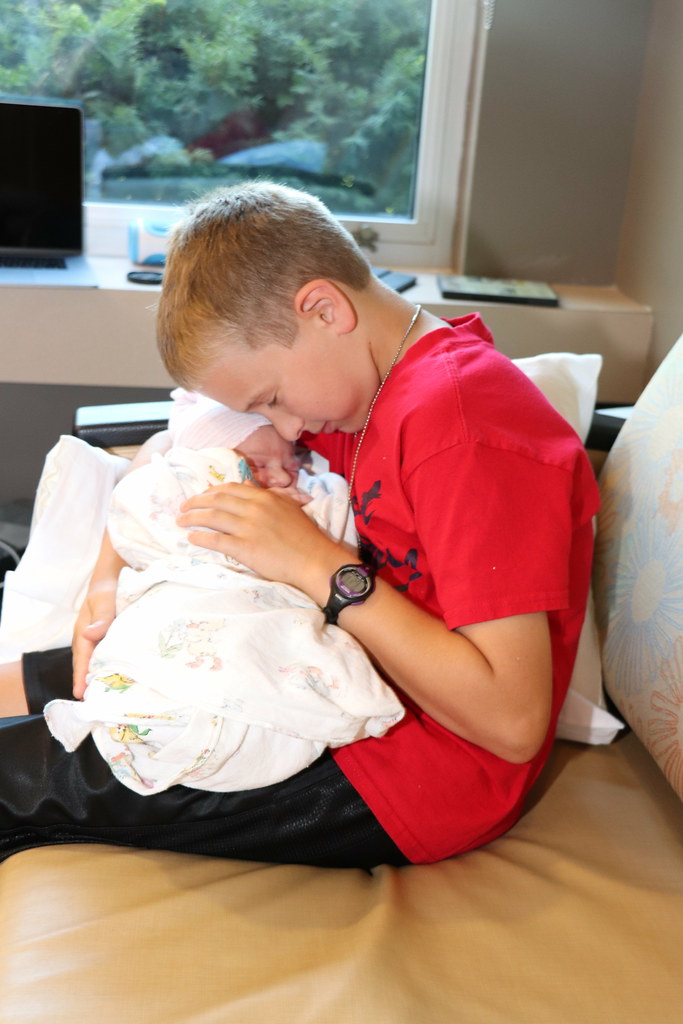


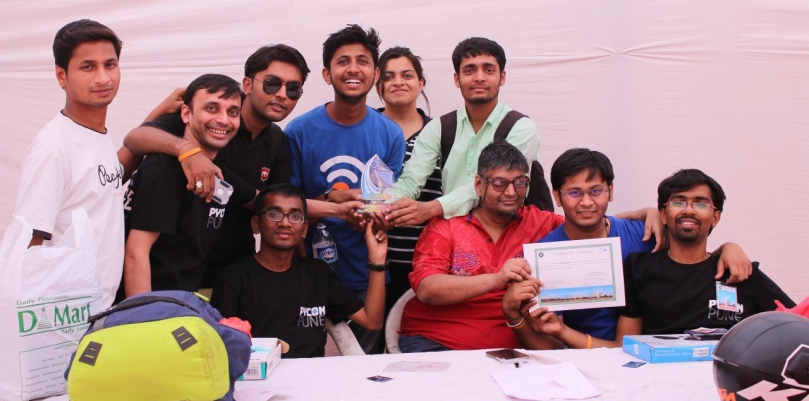 The above picture is the blend of the two communities from foss community and mozilla India. And unless you were there you wouldn t know who is from which community which is what FOSS is all about. But as always I m getting a bit ahead of myself.
Akshat, who works at NCRA as a programmer, the standing guy on the left shared with me in January this year that this year too, we should have two stalls, foss community and mozilla India stalls next to each other. While we had the banners, we were missing stickers and flyers. Funds were and are always an issue and this year too, it would have been emptier if we didn t get some money saved from last year minidebconf 2016 that we had in Mumbai. Our major expenses included printing stickers, stationery and flyers which came to around INR 5000/- and couple of LCD TV monitors which came for around INR 2k/- as rent. All the labour was voluntary in nature, but both me and Akshat easily spending upto 100 hours before the event. Next year, we want to raise to around INR 10-15k so we can buy 1 or 2 LCD monitors and we don t have to think for funds for next couple of years. How will we do that I have no idea atm.
The above picture is the blend of the two communities from foss community and mozilla India. And unless you were there you wouldn t know who is from which community which is what FOSS is all about. But as always I m getting a bit ahead of myself.
Akshat, who works at NCRA as a programmer, the standing guy on the left shared with me in January this year that this year too, we should have two stalls, foss community and mozilla India stalls next to each other. While we had the banners, we were missing stickers and flyers. Funds were and are always an issue and this year too, it would have been emptier if we didn t get some money saved from last year minidebconf 2016 that we had in Mumbai. Our major expenses included printing stickers, stationery and flyers which came to around INR 5000/- and couple of LCD TV monitors which came for around INR 2k/- as rent. All the labour was voluntary in nature, but both me and Akshat easily spending upto 100 hours before the event. Next year, we want to raise to around INR 10-15k so we can buy 1 or 2 LCD monitors and we don t have to think for funds for next couple of years. How will we do that I have no idea atm.
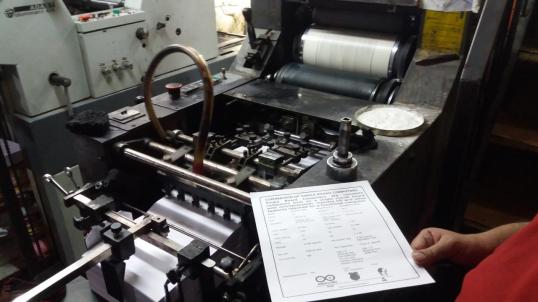 Me and Akshat did all the printing and stationery runs and hence had not been using my lappy for about 3-4 days.
Come to the evening before the event and the laptop would not start. Coincidentally, or not few months or even last at last year s Debconf people had commented on IBM/Lenovo s obsession with proprietary power cords and adaptors. I hadn t given it much thought but when I got no power even after putting it on AC power for 3-4 hours, I looked up on the web and saw that the power cord and power adaptors were all different even in T440 and even that under existing models. In fact I couldn t find mine hence sharing it via pictures below.
Me and Akshat did all the printing and stationery runs and hence had not been using my lappy for about 3-4 days.
Come to the evening before the event and the laptop would not start. Coincidentally, or not few months or even last at last year s Debconf people had commented on IBM/Lenovo s obsession with proprietary power cords and adaptors. I hadn t given it much thought but when I got no power even after putting it on AC power for 3-4 hours, I looked up on the web and saw that the power cord and power adaptors were all different even in T440 and even that under existing models. In fact I couldn t find mine hence sharing it via pictures below.

 I knew/suspected that thinkpads would be rare where I was going, it would be rarer still to find the exact power cord and I was unsure whether it was the power cord at fault or adaptor or whatever goes for SMPS in laptop or memory or motherboard/CPU itself. I did look up the documentation at support.lenovo.com and was surprised at the extensive documentation that Lenovo has for remote troubleshooting.
I did the usual take out the battery, put it back in, twiddle with the little hole in the bottom of the laptop, trying to switch on without the battery on AC mains, trying to switch on with battery power only but nothing worked. Couple of hours had gone by and with a resigned thought went to bed, convincing myself that anyways it s good I am not taking the lappy as it is extra-dusty there and who needs a dead laptop anyways.
Update After the event was over, I did contact Lenovo support and within a week, with one visit from a service engineer, he was able to identify that it was a faulty cable which was at fault and not the the other things which I was afraid of. Another week gone by and lenovo replaced the cable. Going by service standards that I have seen of other companies, Lenovo deserves a gold star here for the prompt service they provided. I probably would end up subscribing to their extended 2-year warranty service when my existing 3 year warranty is about to be over.
Next day, woke up early morning, two students from COEP hostel were volunteering and we made our way to NCRA, Pune University Campus. Ironically, though we were under the impression that we would be the late arrivals, it turned out we were the early birds. 5-10 minutes passed by and soon enough we were joined by
I knew/suspected that thinkpads would be rare where I was going, it would be rarer still to find the exact power cord and I was unsure whether it was the power cord at fault or adaptor or whatever goes for SMPS in laptop or memory or motherboard/CPU itself. I did look up the documentation at support.lenovo.com and was surprised at the extensive documentation that Lenovo has for remote troubleshooting.
I did the usual take out the battery, put it back in, twiddle with the little hole in the bottom of the laptop, trying to switch on without the battery on AC mains, trying to switch on with battery power only but nothing worked. Couple of hours had gone by and with a resigned thought went to bed, convincing myself that anyways it s good I am not taking the lappy as it is extra-dusty there and who needs a dead laptop anyways.
Update After the event was over, I did contact Lenovo support and within a week, with one visit from a service engineer, he was able to identify that it was a faulty cable which was at fault and not the the other things which I was afraid of. Another week gone by and lenovo replaced the cable. Going by service standards that I have seen of other companies, Lenovo deserves a gold star here for the prompt service they provided. I probably would end up subscribing to their extended 2-year warranty service when my existing 3 year warranty is about to be over.
Next day, woke up early morning, two students from COEP hostel were volunteering and we made our way to NCRA, Pune University Campus. Ironically, though we were under the impression that we would be the late arrivals, it turned out we were the early birds. 5-10 minutes passed by and soon enough we were joined by  Our find for the event was Aarti Kashyap who you can see above. She is a third-year student at COEP and one of the rare people who chose to interact with hardware rather than software. From last several years, we had been trying, successfully and unsuccessfully to get more Indian women and girls interested into technology. It is a vicious circle as till a girl/woman doesn t volunteer we are unable to share our knowledge to the extent we can which leads them to not have much interest in FOSS or even technology in general.
While there are groups are
Our find for the event was Aarti Kashyap who you can see above. She is a third-year student at COEP and one of the rare people who chose to interact with hardware rather than software. From last several years, we had been trying, successfully and unsuccessfully to get more Indian women and girls interested into technology. It is a vicious circle as till a girl/woman doesn t volunteer we are unable to share our knowledge to the extent we can which leads them to not have much interest in FOSS or even technology in general.
While there are groups are  What had been interesting about the whole journey were the new people who were bringing all their passion and creativity to the fore. From the mozilla community, we had Akshay who is supposed to be a wizard on graphics, animation, editing anything to do with the visual medium. He shared some of the work he had done and also shared a bit about how blender works with people who wanted to learn about that.
Mayur, whom you see in the picture pointing out something about FOSS and this was the culture that we strove to have. I know and love and hate the browser but haven t been able to fathom the recklessness that Mozilla has been doing the last few years, which has just been having one mis-adventure after another.
For instance,
What had been interesting about the whole journey were the new people who were bringing all their passion and creativity to the fore. From the mozilla community, we had Akshay who is supposed to be a wizard on graphics, animation, editing anything to do with the visual medium. He shared some of the work he had done and also shared a bit about how blender works with people who wanted to learn about that.
Mayur, whom you see in the picture pointing out something about FOSS and this was the culture that we strove to have. I know and love and hate the browser but haven t been able to fathom the recklessness that Mozilla has been doing the last few years, which has just been having one mis-adventure after another.
For instance,  After months of trying, I've finally got my hands on a Nintendo NES Classic Mini.
It's everything I wish
After months of trying, I've finally got my hands on a Nintendo NES Classic Mini.
It's everything I wish 





 Fran ois Hollande and S gol ne Royal. Royal's brother
Fran ois Hollande and S gol ne Royal. Royal's brother 